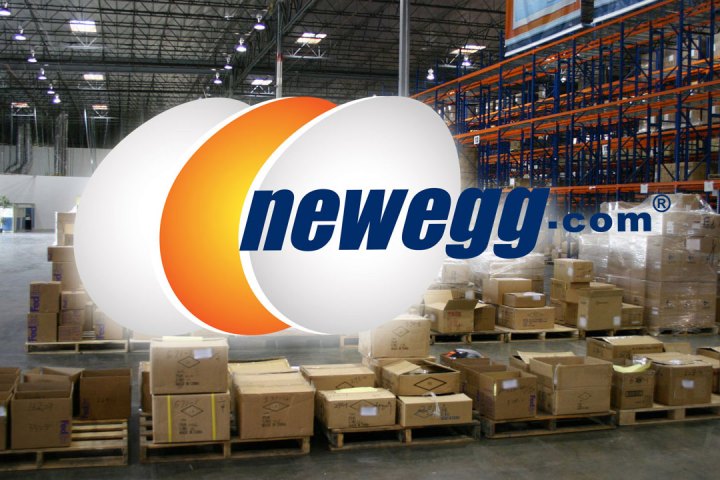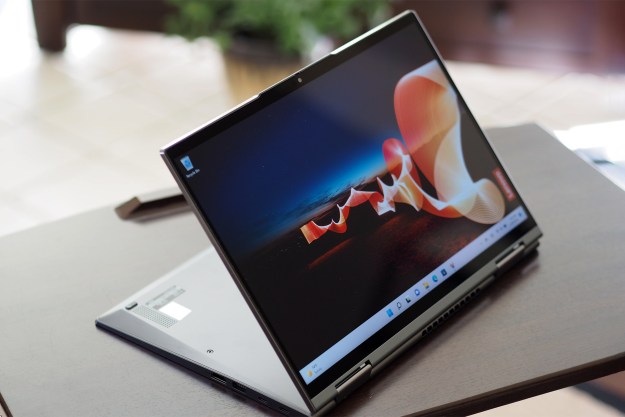
The lawsuit, which was filed in U.S. District Court in Los Angeles, claims that Newegg and computer wholesaler ASI Corp. made false orders for home-theater computers from Moneual. The banks claim that Moneual organized the scheme and used the fake orders to obtain funds from the four banks. Newegg and ASI allegedly received a cut of the money in exchange for their cooperation.
Moneual pulled in more than $3 billion from the from 10 South Korean banks. The company defaulted on many of those loans and ended up owing the banks about half a billion dollars. In 2013, Hong-seok Park, the company’s CEO, was sentenced to 25 years in prison, in addition to hefty fines. A higher court later reduced his sentence to 15 years.
Now the banks have filed suit against Moneual’s alleged partners. The lawsuit argues that the banks loaned Moneual hundreds of millions of dollars, based on the large volume of orders made by Newegg and ASI. The computers that Moneual ordered were allegedly priced at 300 times their actual retail value, which is why the banks believe Newegg and ASI were part of the scam.
“No such business would have bought the products at such an inflated price, unless it intended to create the illusion of extensive, profitable, high-value commerce between it and its supplier for the purpose of defrauding lenders into supporting the transactions,” the lawsuit alleges.
The four banks are demanding a jury trial and monetary damages. They say that $230 million is still owed from the faulty loans that Moneual obtained.
Founded in 2000, Newegg is based in the City of Industry, California, and is a popular computer accessory and hardware retailer. The company is owned by Hangzhou Liaison Interactive Information Technology, based out of Bejing. As of right now, it is unclear whether or not the banks will be going after Newegg’s parent company.
At this time, Newegg has yet to comment on the lawsuit.


